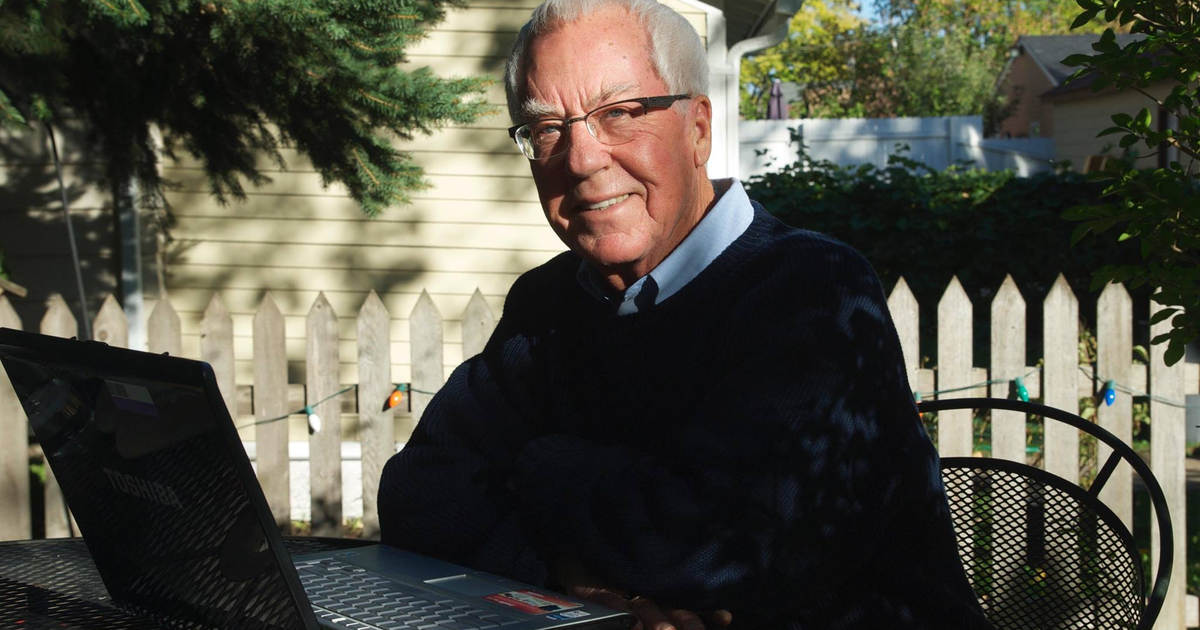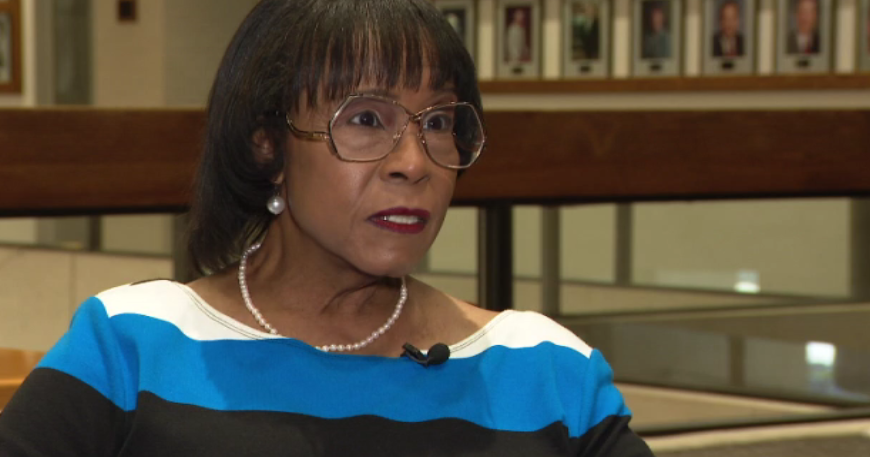Dr. Ruth Patrick, Dead At 105
By Molly Daly
PHILADELPHIA (CBS)--Dr. Ruth Patrick, a world authority on freshwater ecosystems whose career at the Academy of Natural Sciences spanned more than 70 years, died last Monday in Lafayette Hill.
She was 105.
Ruth Patrick first peered into a microscope as she sat on her nature-loving father's lap, opening a window into the teeming world contained in a single drop of water, launching her lifelong passion for the environment.
Academy Senior Fellow Robert Peck says Patrick's approach, looking at how the parts of a stream worked together, rather than at just insects, or microbes, or fish, was groundbreaking.
"Until she began studying streams in that way, in the 1930s, everyone had been studying different aspects of them, a little bit on the chemistry, a little bit on the diatoms, a little bit on the insects , but she realized that, in order to get the feeling of the health of the whole body of water, one needed to study all of them and put the pieces together. Although it is now accepted as standard procedure, in the 1930s it was totally innovative."
When Patrick began working at the Academy, a woman with a PhD was a rarity, yet she quickly won the respect of her peers.
"In the 1930s, there were relatively few women who were in the field of science, and had that kind of influence."
Peck says Patrick's enthusiasm was contagious.
"The open-mindedness that she brought to everything she did rubbed off on all of her colleagues. She tried to think outside the box, and realized that if we were going to help improve the environment, we would all have to work together."
That open-mindedness extended outside the world of academia.
"She was an environmentalist in many, many fundamental ways, but she was not a confrontational environmentalist. She believed in reaching out to business, and to the community at large, so that we could all be partners in trying to make the world a better place."
Patrick was the first woman and first environmentalist to serve on the board of DuPont. She also advised Presidents Johnson and Reagan on water issues. Her work won her numerous honors, including the National Medal of Science in 1996.







